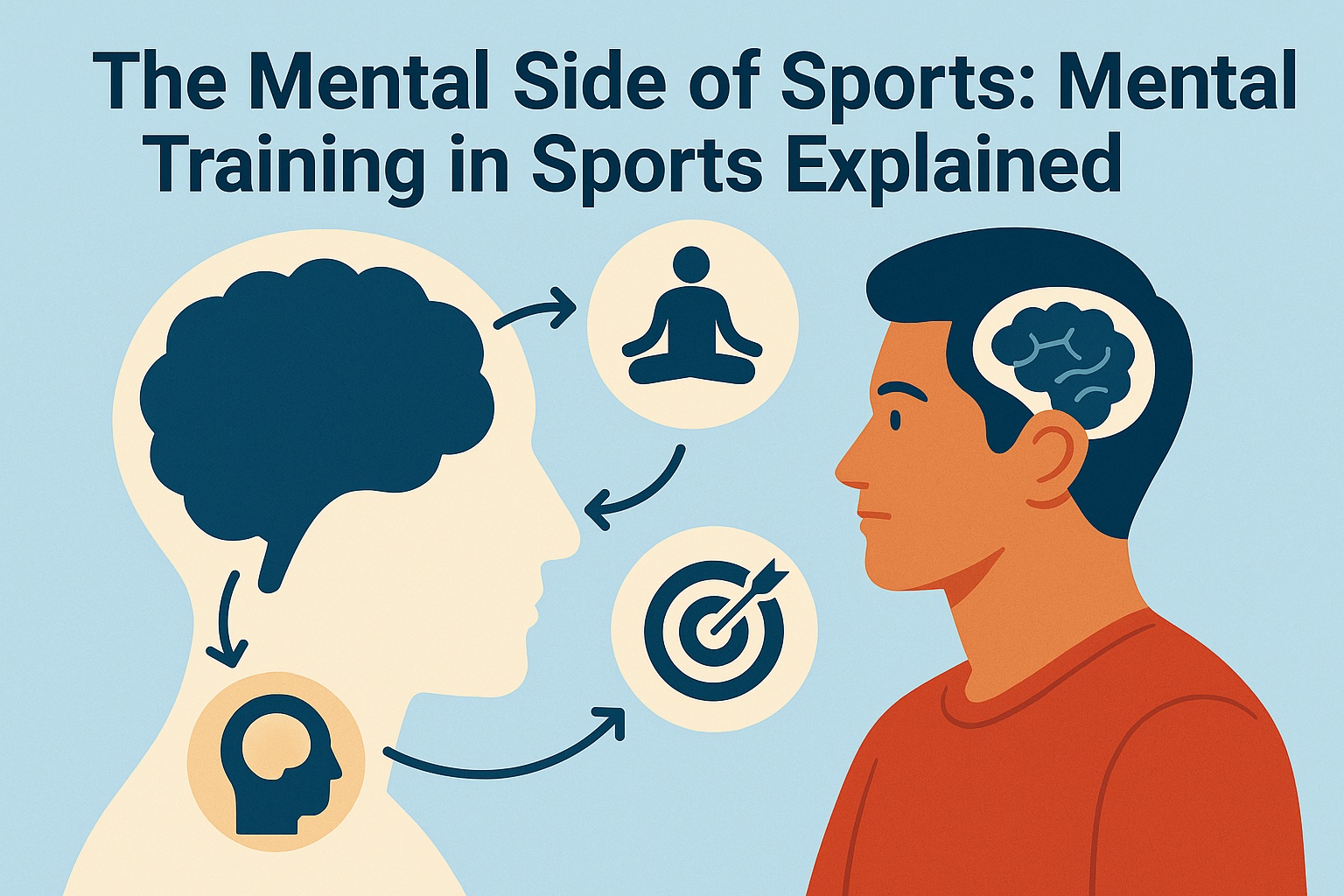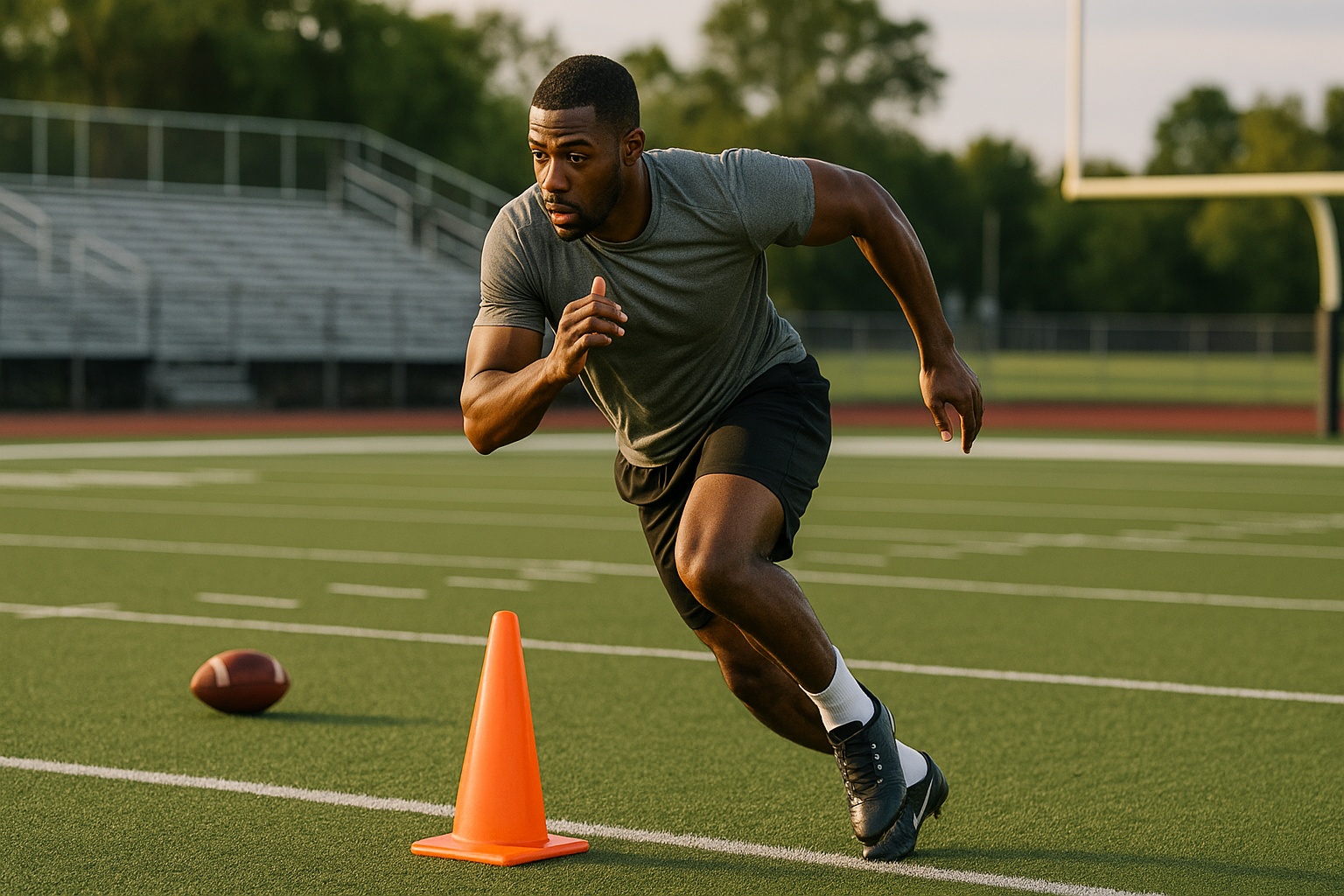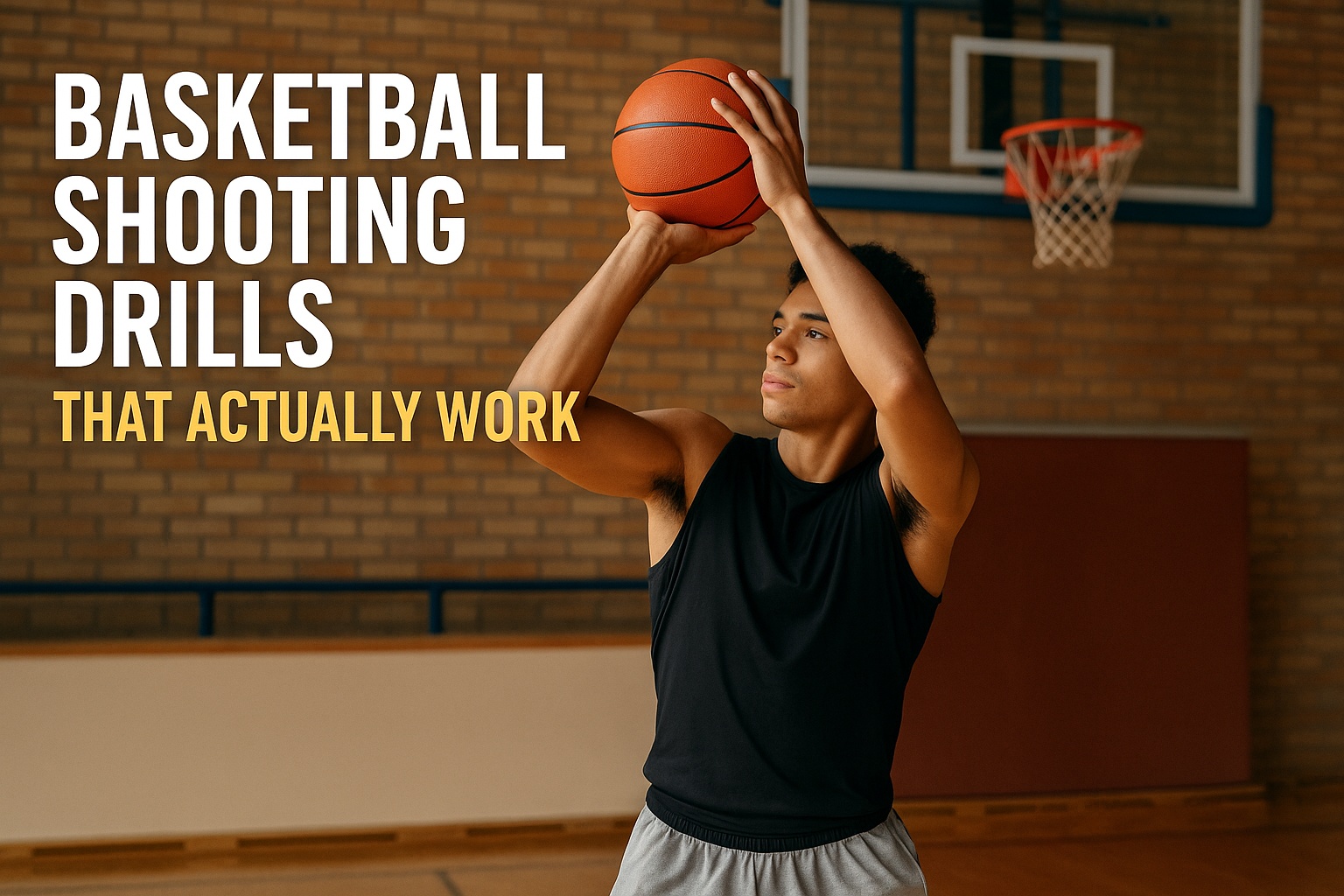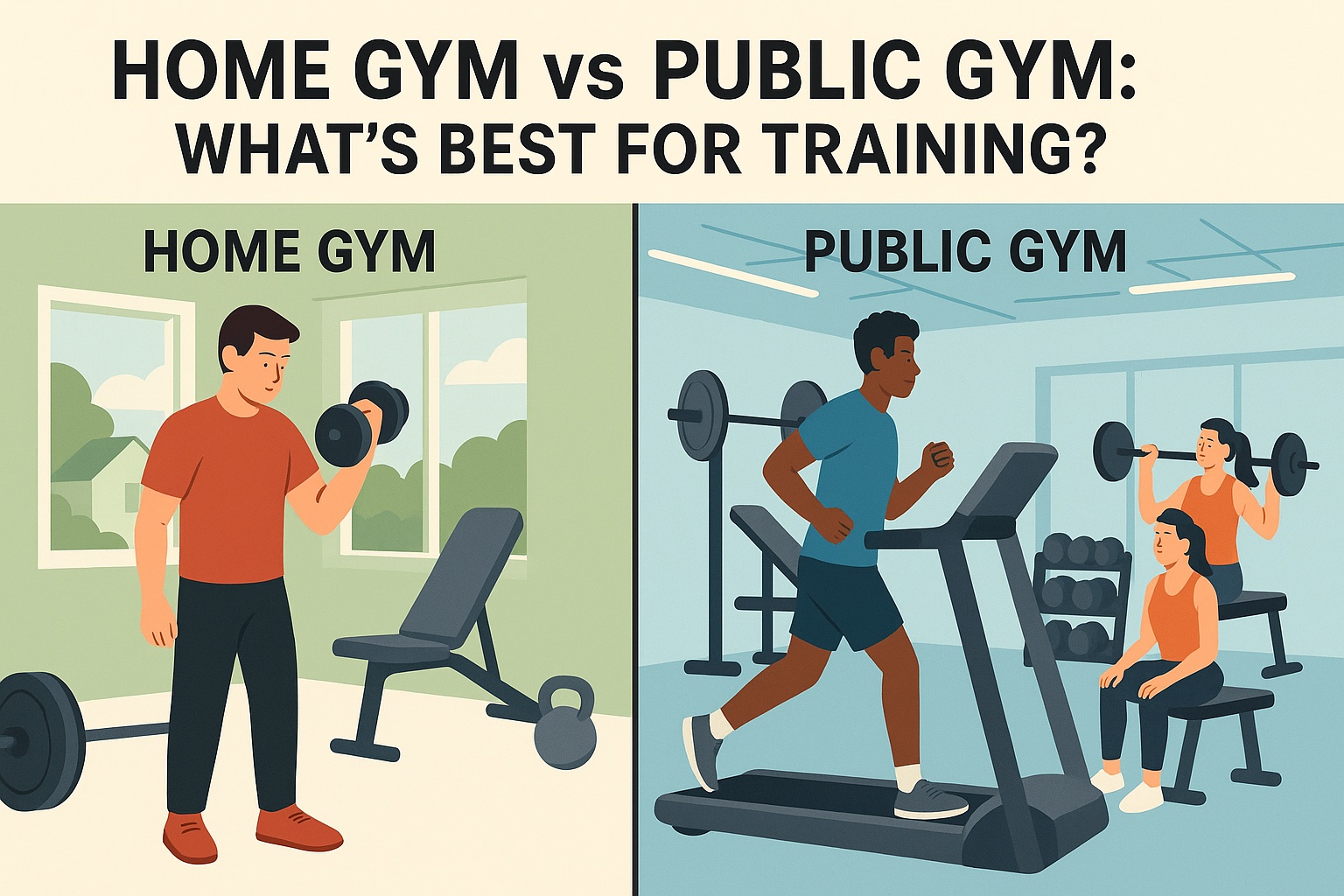Mental Training in Sports: The Secret Behind Champions
Physical skills win games, but mindset wins championships. In 2025, mental training in sports is no longer optional—it’s essential. Athletes at every level are turning to sports psychology and cognitive training to improve focus, reduce anxiety, and gain a mental edge over the competition. This guide reveals the key techniques behind elite mental performance and how you can apply them to reach your peak potential.
Why the Mind Matters in Athletic Performance
The brain controls the body, especially under pressure. When fatigue sets in or the score is close, mental clarity, self-belief, and composure often separate winners from everyone else. Whether you’re aiming for college recruitment or pro-level excellence, developing a champion’s mindset is as important as strength or speed.
Core Benefits of Mental Training in Sports
- Improved confidence in high-pressure moments
- Faster decision-making under stress
- Better emotional control during games
- Increased motivation and goal clarity
- Enhanced recovery from mistakes or setbacks
1. Visualization: Mental Rehearsal for Success
Also known as imagery training, visualization helps athletes “see” themselves succeeding before the moment arrives. Top performers mentally rehearse plays, goals, or movements to build confidence and neural familiarity. Use visualization before games, during rehab, or to prepare for major events.
2. Self-Talk: Controlling the Inner Dialogue
Your internal voice can be your greatest ally—or your worst enemy. Positive self-talk replaces doubt with determination. Phrases like “I’ve got this” or “Stay focused” rewire the brain for peak execution. Many coaches now train athletes in self-talk just as they would in mechanics or tactics.
3. Goal Setting with Purpose
Clear, actionable goals help athletes stay motivated and focused. Use SMART goals (Specific, Measurable, Achievable, Relevant, Time-bound) to create both short- and long-term objectives. Mental training programs often include weekly goal reviews to track growth and adjust strategy.
4. Breathing and Relaxation Techniques
Controlled breathing reduces heart rate and anxiety. Box breathing (inhale-hold-exhale-hold in equal counts) is used by elite athletes and Navy SEALs alike to calm the nervous system. Relaxation improves reaction time, reduces muscle tension, and sharpens focus in pressure situations.
5. Mindfulness and Present-Moment Focus
Mindfulness helps athletes tune out distractions and stay locked in on the task at hand. Meditation apps, sensory awareness exercises, and focus drills are increasingly part of training routines. Staying “in the zone” begins with learning how to stay in the moment.
6. Building Mental Resilience
Resilience is your bounce-back factor. Mental training helps athletes recover from injuries, losses, and personal setbacks. Journaling, therapy, and peer support are powerful tools to build this trait. The best competitors don’t just avoid failure—they grow from it.
7. Pre-Game Rituals and Routines
Consistency breeds confidence. Athletes with set routines feel more in control, which reduces anxiety and promotes peak focus. Whether it’s a music playlist, visualization script, or dynamic warm-up, rituals anchor athletes in their mental prep zone.
Real-World Examples: Mental Training in Action
| Athlete | Sport | Mental Technique |
|---|---|---|
| Simone Biles | Gymnastics | Mindfulness, therapy support |
| Tom Brady | Football | Visualization, goal-setting |
| Naomi Osaka | Tennis | Emotional control, self-talk |
| LeBron James | Basketball | Meditation, recovery mindset |
Tips to Get Started with Mental Training in Sports
- Start with 5 minutes of daily visualization
- Track goals weekly and adjust your plan
- Use a journal to reflect on performance
- Practice breathing exercises before workouts
- Find a sports psychologist or mental performance coach
Integrating Mental Training with Physical Practice
Mental and physical training should go hand in hand. Add mindset work into your warm-up or cool-down. Use visualization during rest days. Reflect after games to strengthen learning. With consistency, these practices turn into habits that enhance performance under pressure.
Conclusion: Mental Training in Sports Creates Champions
In today’s competitive environment, success in sports depends on more than just physical talent. Mental training in sports gives athletes the tools to thrive under pressure, stay resilient through challenges, and bring their best when it counts. By training the mind like the body, you unlock your full potential and move one step closer to the mindset of a true champion.









